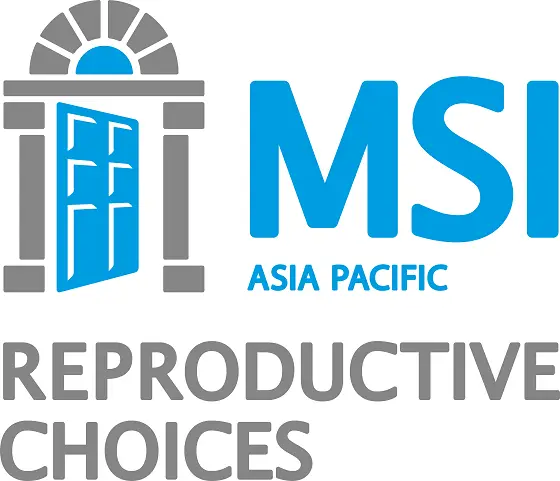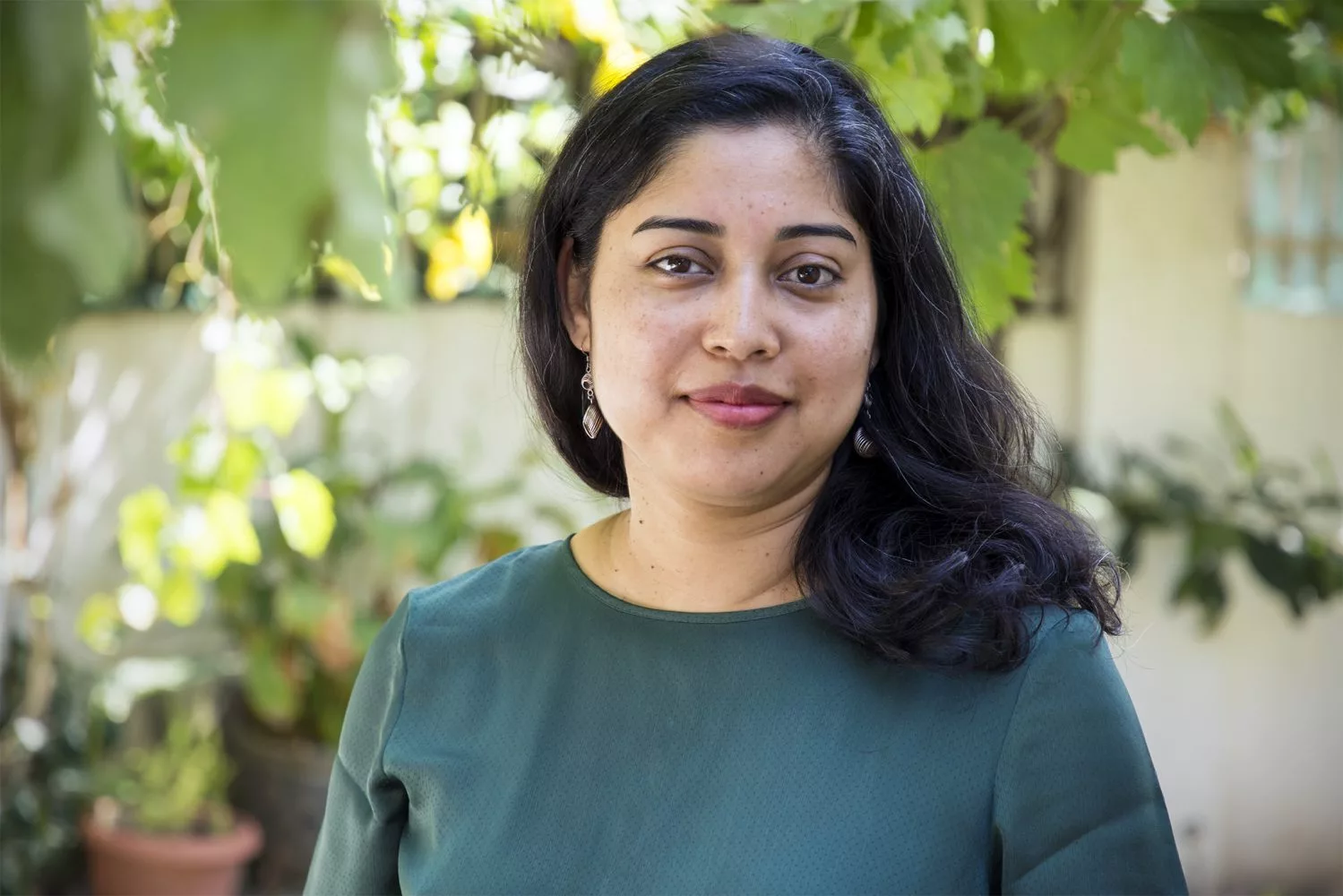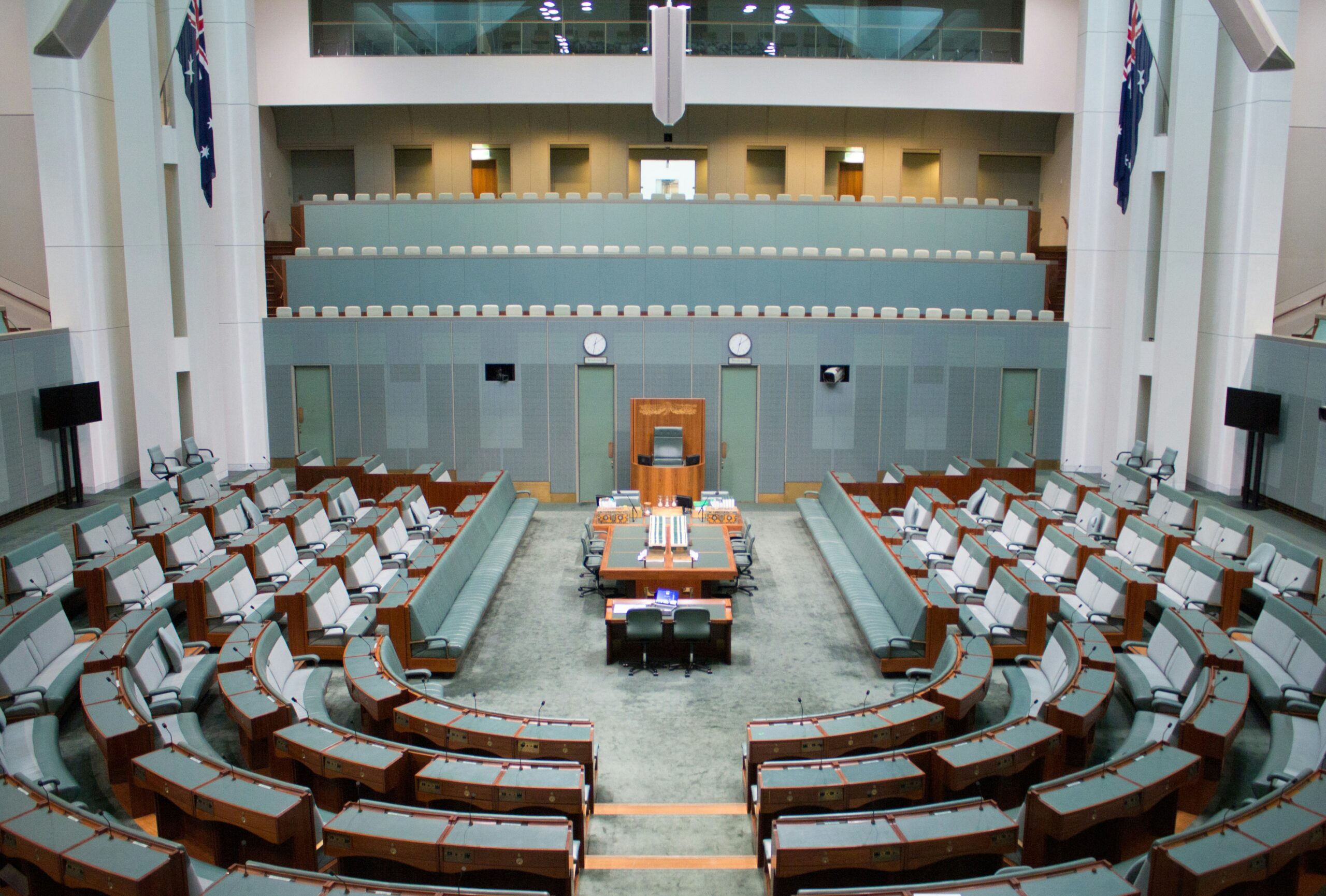Grishma Bista is finishing up four years as Country Director of MSI Timor-Leste, following four years in Timor-Leste with CARE International. MSI Asia Pacific caught up with Grishma in Melbourne, where she is now based. Grishma is fluent in Nepali, English, Hindi and Tetun.
How has your time as country director of MSI in Timor-Leste been?
It has been great. I have learnt about myself, the organisation and what it does. It has been a wonderful four years. Tough, but I have very much enjoyed it.
What have you learnt?
Reproductive health has always been a passion of mine, and a reason why I studied public health. MSI is an INGO (International non-governmental organisation), but it does not think or operate like an INGO, it thinks like a business. So, coming to MSI, I had to ‘unlearn’ lessons from the INGO sector and find the balance between a development mindset (what’s the end goal? what happens long term?) and a business mindset (what are the cost efficiencies?). Arguably they are contradictory, but when you operate within contradictions, good things happen as you become more innovative, and are forced to think critically.
Why are sexual and reproductive health and rights important?
It is a key foundation for everything, a fundamental building block for everything we do. Whatever your sexual orientation, when you know your body and your rights you are protecting yourself and those around you. You make better decisions for yourself and others when you are equipped with the information you need.
I always say, we might talk about getting girls in education. But if girls cannot use the toilets because there is a lack of sanitation or menstrual health management, we are going to lose boys and girls along the way. The high level goals we have such as the Sustainable Development Goals then become difficult to achieve.
Are there particular challenges with working in Timor-Leste? What have they been?
Timor-Leste is a very interesting context. On one side there is an openness and acceptance of sex and sexuality, but on the flip side things can also be bureaucratic and conservative. There is a dichotomy between the reality and a changing identity. For MSI, even with our values of being brave and courageous, in Timor-Leste everyone knows everyone! In terms of pushing the envelope in Timor-Leste, we need to be slower and more cautious than in some other countries.
What has changed in the time you have worked for MSI?
In my eight years in Timor-Leste, I have seen information, connectivity, technology and infrastructure improve. There are new buildings and development, and other infrastructure has improved. We can get from one municipality to another within hours compared to before. It makes MSI’s work more accessible and less costly as we can go somewhere in the morning and come back in one day if needed, where previously we would have had to stay overnight.
MSI Timor-Leste has gone from strength to strength. The relevance of MSI as an organisation is acknowledged. We are in a unique position as there theirs is no other organisation in Timor-Leste that does what we do. So MSI is an organisation that is relevant, that contributes to nation building in this way. We have managed to get that visibility and made it a brand people can trust – people can walk in and say, ‘oh yeah, Marie Stopes’.
What are you most proud of?
My team has done an incredible job. We are reaching more clients and providing them services, and we have improved our systems and processes. We were one of the few organisations in Timor-Leste to operate at full capacity through COVID-19. It was hard – every team member felt pushed and a level of frustration, but the focus was on the clients. In every municipality we worked in, our service providers turned up, and the support team showed up without fail for two years. I am super proud we could do that.
We have built our relationships with the Ministry of Health (MoH) and DFAT and started work to support health system strengthening what we at MSI call public sector support. We were part of the design team and developed a program together with MoH. To get a buy-in at the highest level and be able to say – MSI is committed to helping you to achieve your primary health care objectives, this is how we want to do it, and for them to say yes I am really proud.
What would you still like to see change for women, girls and their families?
I want women and girls to have confidence and the ability to challenge and question. To have agency: ‘I know this is what I want for me, for my body, and this is the decision I want to make, these are the questions I have for society’. Women and girls are still pigeonholed, and we still question ourselves, and have many doubts. We may think ‘this is what my society says and I just have to accept that’. We need to learn to challenge that.
We also cannot forget the other half of society that are equally critical – men and boys. Gender equality is as much about them as us. There is this important other half that needs to be brought brought together to ensure reproductive rights and health are equally their business. It is not just a woman’s business.
Final remarks?
Working at MSI has been one of the most fulfilling roles I have had. I will not say it is an easy job because it has challenged me as a person, and as a leader, but it has been worth it. For someone who enjoys reflecting and learning, the last four years have been a massive growth period, personally and professionally and I look forward to taking some time to process the last four years and the total eight years in Timor-Leste. Right now, I feel like anyone can throw anything at me, and I can handle it! I also want to acknowledge my team, regional team and the Global Support Office (GSO) – they really make the Timor-Leste country program shine. It has been a great collective effort.
Photo credit: Rochan Kadariya



